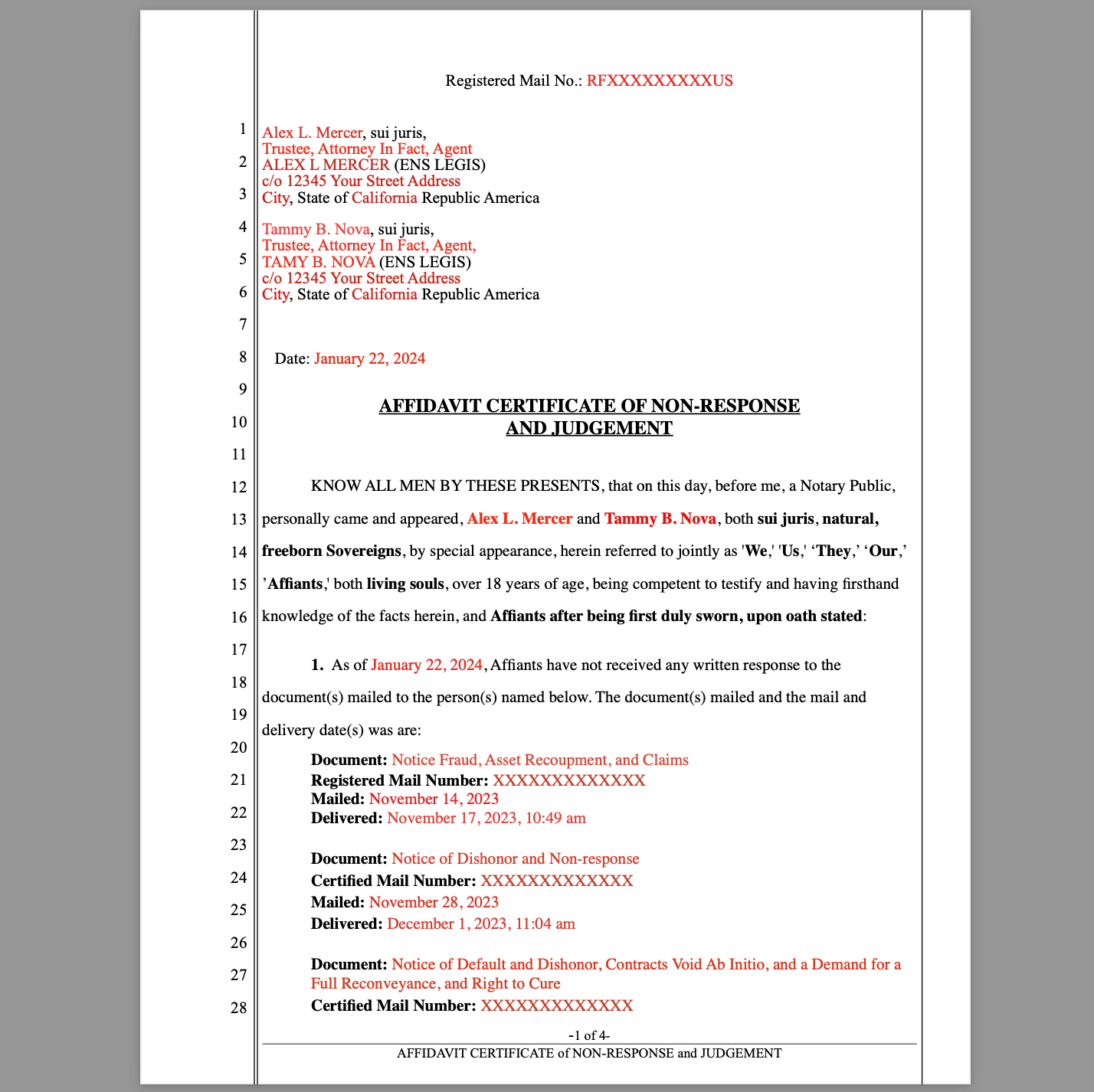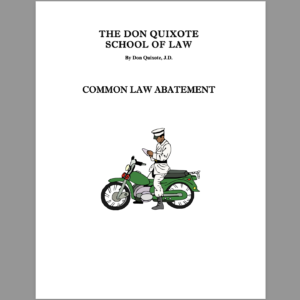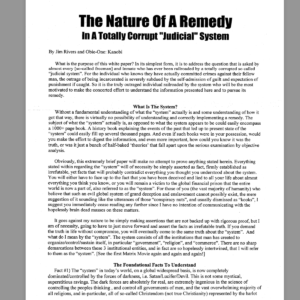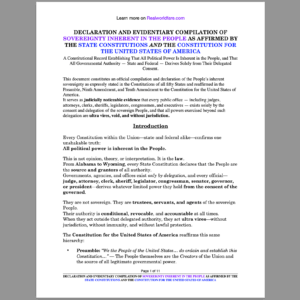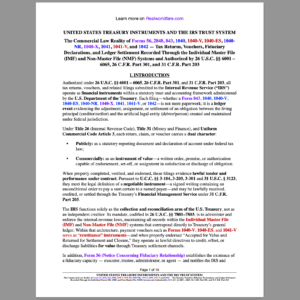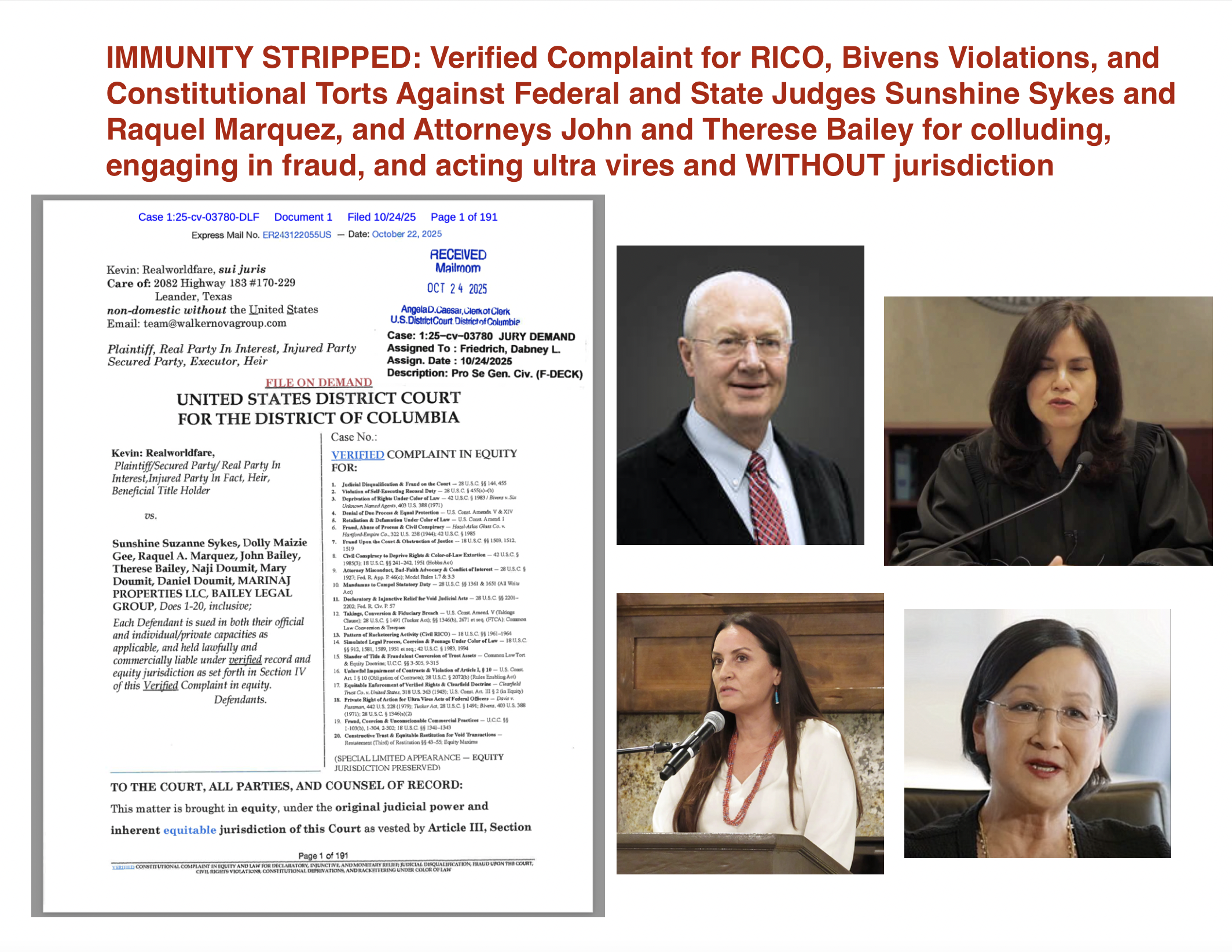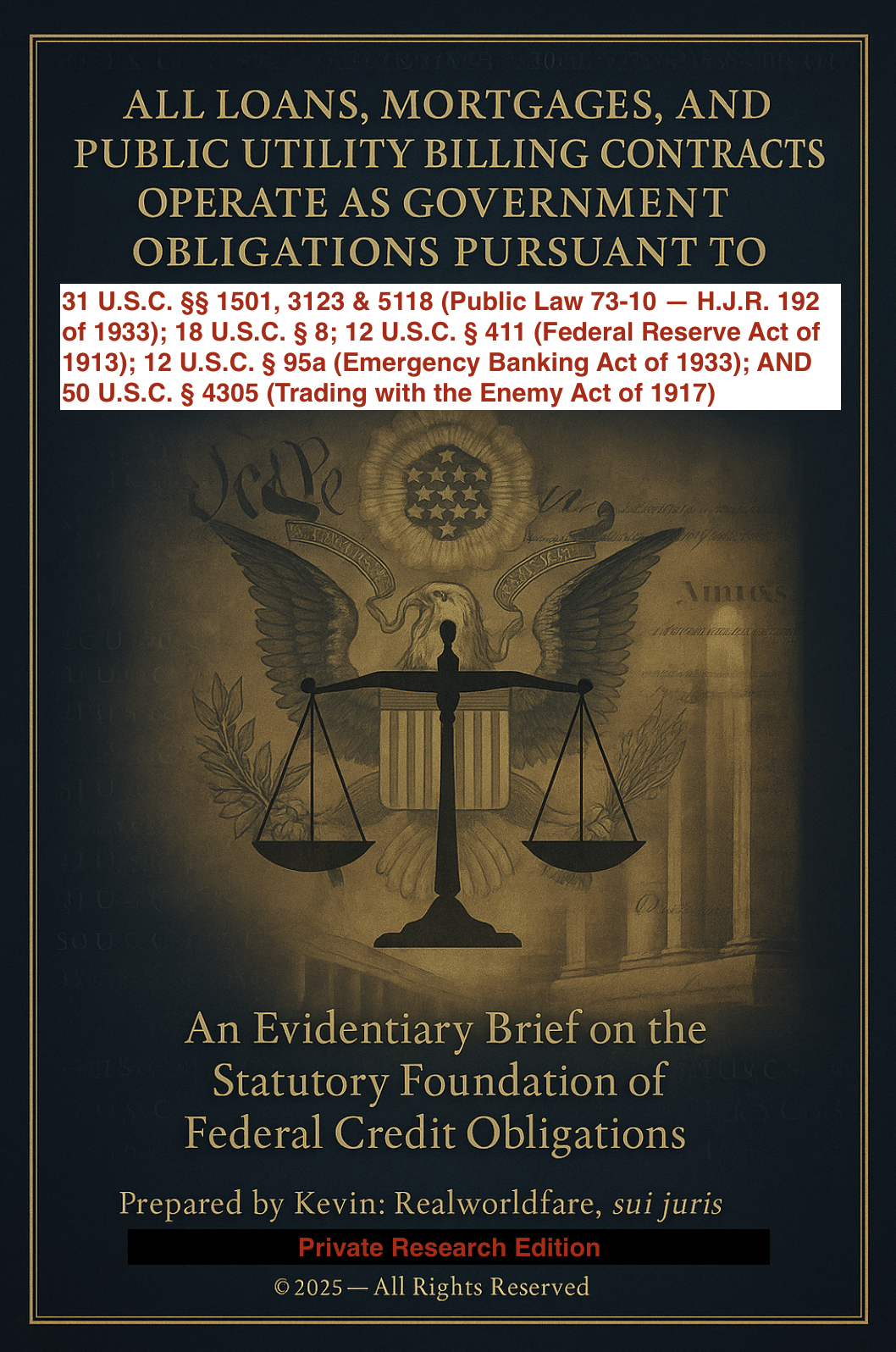Description
An Affidavit Certificate of Non-Response and Judgment is a formal document used within the framework of administrative and commercial law processes, particularly under common law and law merchant traditions. This document is an official declaration, usually sworn before a notary public, that attests to the lack of response or rebuttal from a party to whom a claim, notice, or demand has been issued within the prescribed time frame. It serves as a significant tool in asserting the presumption of dishonor or default in legal proceedings in accordance with U.C.C. 3-505.
Role in the Administrative Process:
In commercial disputes and matters rooted in common law, this affidavit plays an essential role in creating a presumption of dishonor, as described under U.C.C. § 3-505. If the opposing party fails to respond within the specified period, their silence is presumed to indicate acquiescence to the claims or terms outlined in the original notice. The U.C.C. § 3-505 explicitly states that failure to respond or dishonor an instrument implies the party has not properly presented or enforced the instrument, thus establishing a default scenario that can lead to legal consequences.
Implications for Legal Proceedings:
When filed alongside a motion for summary judgment, the Affidavit Certificate of Non-Response and Judgment supports the motion by demonstrating that no response has been received and that the claims remain uncontested. This is crucial in establishing that there are no material facts in dispute, which is a key element in summary judgment proceedings. The affidavit functions as an evidentiary tool, showing that the opposing party has failed to challenge the claims or rebut the facts presented.
- U.C.C. § 3-505 (Dishonor of Instrument):
This section defines dishonor, specifying that when an instrument is not accepted or paid, it is considered dishonored. The failure to respond to a claim regarding such an instrument further enforces this presumption of dishonor, as the non-response indicates that the defendant has not taken action to dispute or fulfill the obligation.
Utilization in Chambers (In Camera Review):
In certain cases, the affidavit may be submitted directly to a judge in chambers for review, particularly when discretion or privacy is necessary. During this process, the judge considers the affidavit alongside other materials, including pleadings and evidence in the case. If the affidavit successfully demonstrates non-response or acquiescence from the opposing party, it can have a significant influence on the judge’s decision, leading to a judgment by default.
- U.C.C § 3-505 and the Legal Effect of Non-Response:
In situations where the opposing party fails to dispute or rebut the claims within the prescribed timeframe, the presumption of dishonor under U.C.C. § 3-505 operates as a powerful tool to enforce the debt or obligation. The judge may rule that the matter is settled due to the failure of the opposing party to contest the claims, leading to an enforceable judgment in favor of the party who issued the original notice.
Summary and Conclusion:
The Affidavit Certificate of Non-Response and Judgment is a vital instrument within administrative and commercial legal processes. It underscores the importance of timely and substantive responses in legal disputes. By establishing a presumption of dishonor, particularly under U.C.C. § 3-505, this affidavit helps secure a default judgment when a party fails to contest claims or respond within the given period. When properly invoked, it serves as a powerful tool to move legal proceedings forward, often leading to a judgment that is enforceable by law.
While the affidavit itself is an essential part of the legal process, its applicability depends on the specific context, jurisdiction, and laws governing the case at hand. However, the principles outlined in the U.C.C. and common law traditions provide a robust foundation for utilizing this document to achieve favorable legal outcomes in cases where a party fails to engage or respond.
